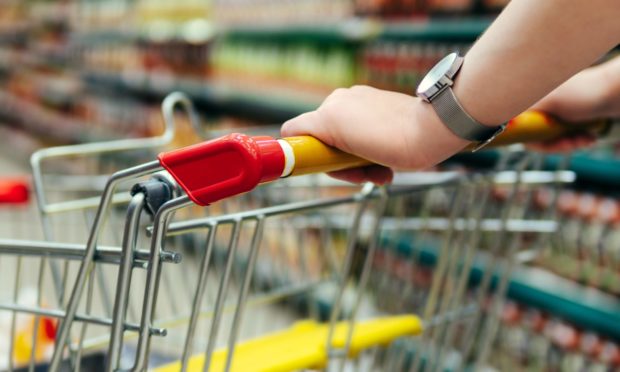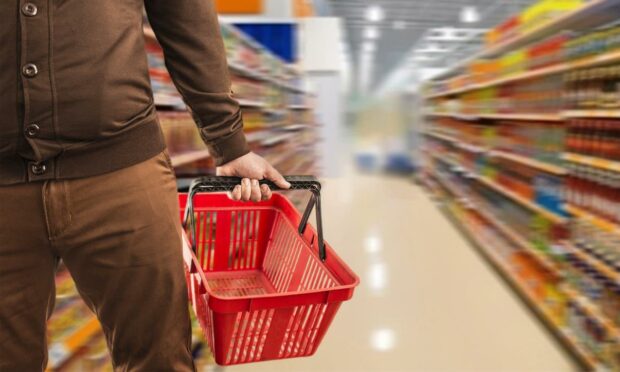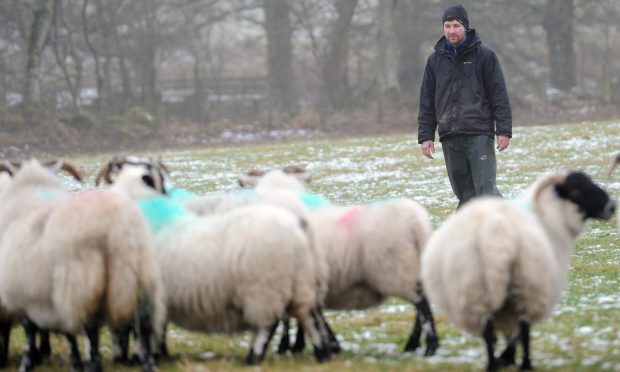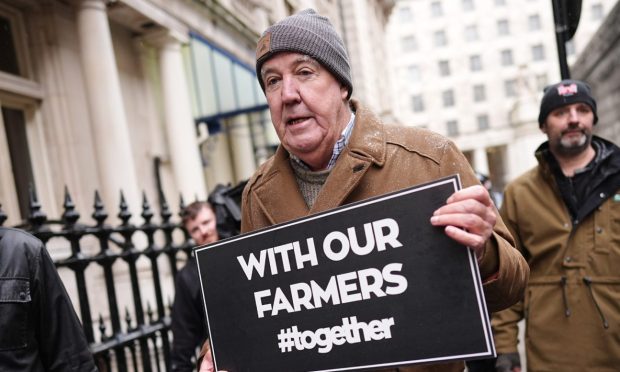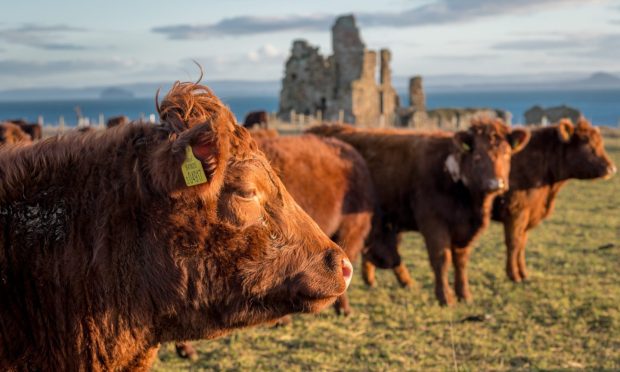Shoppers want to buy food produced with more care for the environment and animal welfare, according to the Soil Association.
The organic certification body’s business development director, Clare McDermott, made the comments in response to figures which show a boost in sales of organic food and drink in the past year.
Data from analytics company NielsonIQ shows sales of organic food and drink were up 6.5% in the year to September 25 ,with online sales up 33% in the year to September 11.
Ms McDermott said the organic market had shown “phenomenal resilience” in the past year.
“Despite a significant slowing of retail sales overall the organic market has maintained its strong performance with growth at 6.5% in the year to September,” she added.
“The latest surge in organic sales proves that the British public want food produced with more, not less, care for the environment and animal welfare.”
She said insights show that shoppers want to support British farmers and they are searching out higher welfare products which are produced with the environment in mind.
“We should be looking to deliver more of the benefits that agroecological farming, like organic, can provide for wildlife, soils, people and climate,” added Ms McDermott.
She said new data from the Soil Association’s latest Organic Shopper Research, which is based on a study of 1,000 people between June and August this year, showed people are predominantly choosing organic produce for reasons associated with health and the environment, although animal welfare is also important.
The research found 79% of people say they are increasingly worried about the natural world and our impact of it, while 86% say they would like their food to be produced in a more natural way without excess processing and chemicals.
Just over three-quarters aid they wanted to make more sustainable choices in the products they buy, 71% said they wanted to make more ethical choices in the products they buy, and 66% said they wanted to know more about where the ingredients in their food come from.
The Soil Association said the findings should help the organic sector better understand why consumers buy their produce, and create opportunities to drive sales.
